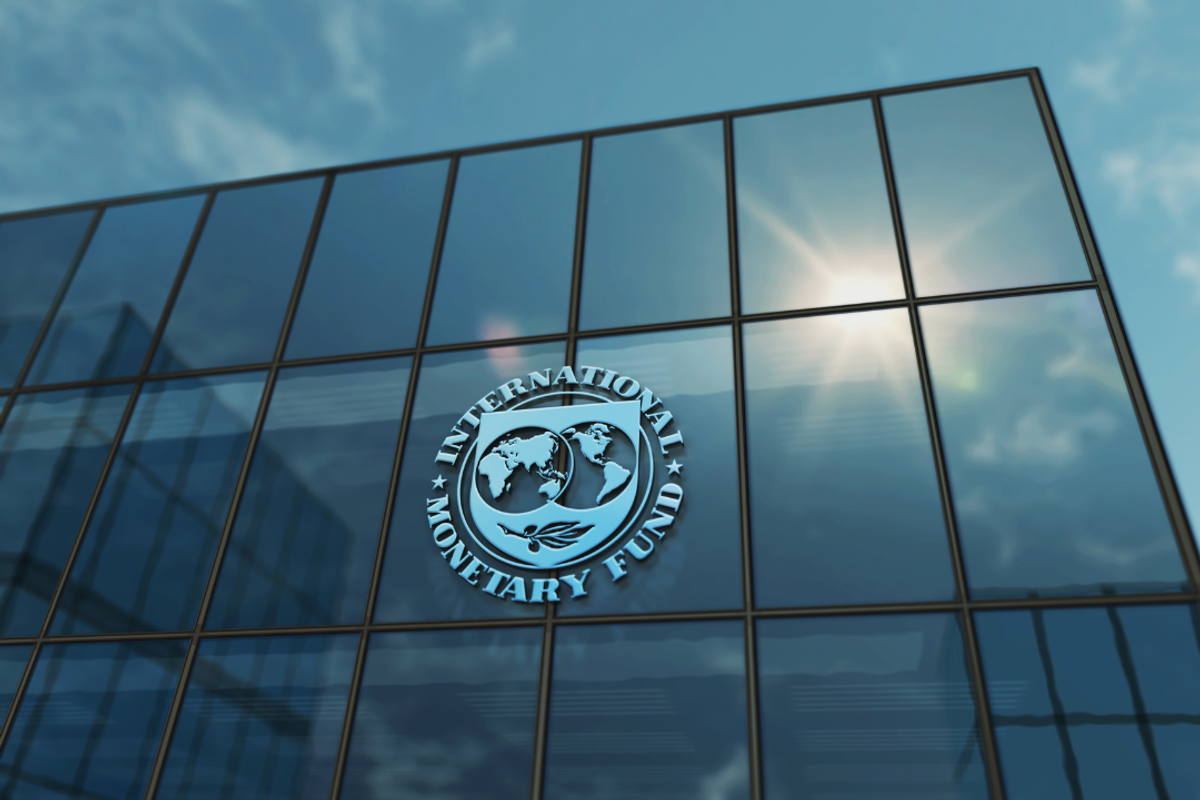Pakistan to raise petroleum development levy above PKR 100 per liter from July 2025
IMF-backed reforms include carbon levy, debt surcharge removal to tackle energy sector debt

Shahzad Raza
Correspondent
Shahzad; a journalist with 12+ years of experience, working in Multi Media. Worked in Field, covered Big Legal Constitutional and Political Events in Pakistan since 2012. Graduate of Islamic University Islamabad.

Pakistan’s federal government has reached an agreement with the International Monetary Fund (IMF) to remove the cap on the Petroleum Development Levy (PDL), allowing the government to charge PKR 100 per liter starting in fiscal year 2025-26, a senior Finance Ministry official told Nukta.
The official confirmed that Pakistan will likely increase the PDL beyond the current PKR 80 per liter to help bridge the Federal Board of Revenue’s (FBR) revenue gap. The levy will also support subsidies for the power sector and the emerging electric vehicle industry.
Since July 2024, the government has raised the PDL from PKR 60 to PKR 77 per liter on diesel and PKR 78 on petrol, generating over PKR 1 trillion in tax revenue within the first 10 months of the fiscal year. The government’s target for PDL revenue collection this year is PKR 1.281 trillion.
In addition to the PDL hike, Pakistan has committed to imposing a carbon levy of PKR 5 per liter on petrol and diesel as part of a broader environmental and fiscal reform agenda.
The government has also agreed with the IMF to lift the 10 percent cap on the Debt Service Surcharge (DSS) applied to electricity bills, which currently limits the surcharge to 10 percent of power companies’ revenue requirements. The removal of the cap is aimed at reducing Pakistan’s circular debt in the energy sector.
According to the IMF’s country report on Pakistan, the federal government will introduce legislation by June 2025 to eliminate the DSS cap. The report highlights Islamabad’s plan to achieve net-zero circular debt flow by fiscal year 2025 through a combination of timely tariff increases, targeted subsidies, and cost-reducing reforms.
Pakistan has committed to maintaining quarterly tariff adjustments and monthly fuel cost revisions to close the gap between base tariffs and actual revenue needs, preventing further circular debt accumulation. The government’s strategy will be detailed in the Fiscal Year 2026 Circular Debt Management Plan, which is set for cabinet approval by July 2025.
Notably, all provinces have agreed not to introduce new subsidies on electricity or gas, reinforcing the government’s commitment to financial sustainability in the energy sector.







Comments
See what people are discussing